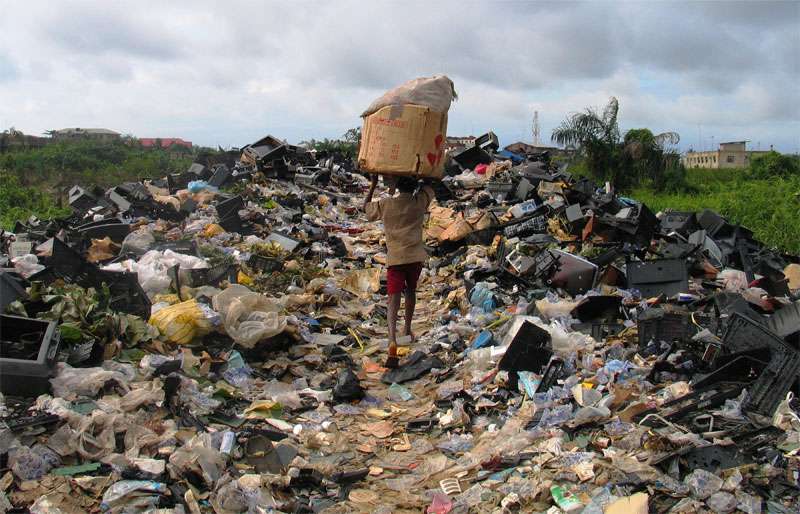Electronics recycling in the United States has a checkered past. Over the past decade, this rapidly developing industry has grown to $5 billion in the United States alone, according to recycling industry association ISRI. The challenge that comes with this rapid growth is ensuring that the infrastructure in the U.S. is keeping pace. This has proven to be an issue, since much of that infrastructure is still being built and there is limited oversight by state and federal governments. There are 25 states the mandate some form of an electronics recycling program for original equipment manufacturers, but some states have little oversight for the standards recyclers must meet to be a part of a manufacturer program. While some states have these landfill bans or disposal prohibitions on certain types of electronics, it is still permissible for consumers to landfill materials in much of the country.
Lax federal regulation on the exporting of e-waste as well as the handling of electronics when processing has also compounded the problem. Some recyclers that lack an economically feasible option to process the e-waste entrusted to them domestically are instead exporting materials abroad for processing.

Boy hired to haul electronic scrap from Alaba market in Lagos, Nigeria to this nearby informal dump sitting on a swamp. Imported scrap televisions and computers that could not be repaired get deposited and burned. ©2006 Basel Action Network (BAN)
